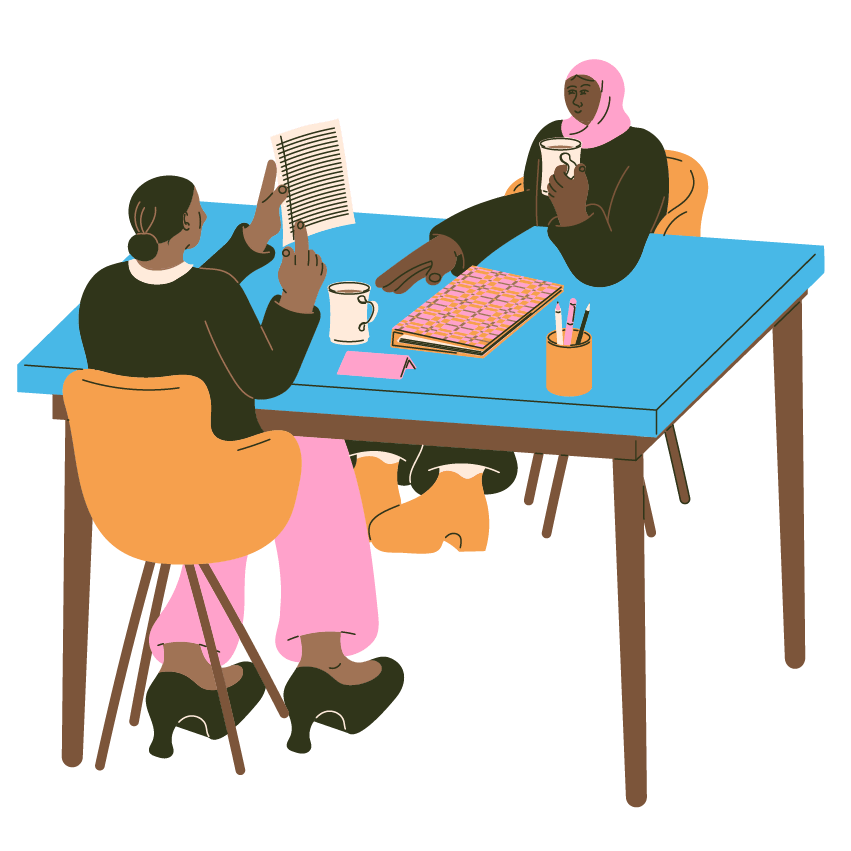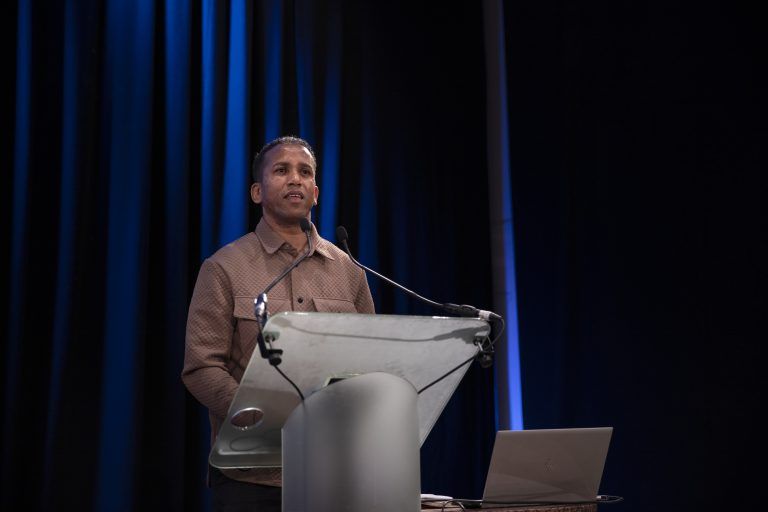The project was designed to widen the impact and share the skills of our asylum support advice and advocacy service through working in partnership with Cranhill Development Trust to offer an outreach casework service in the East Glasgow locality. This outreach enabled individuals in the asylum/refugee community living in the East of Glasgow the opportunity to access asylum support advice and advocacy within their local community, reducing barriers of travel, anxieties about finding routes to an unfamiliar area. At the same time this work allowed people to increase their connections with the local integration network which is facilitated by Cranhill Development Trust.
East Glasgow Asylum Support Outreach


This project increased the capacity of East Glasgow Integration Network to support individuals locally with asylum support advice and advocacy and had the ultimate benefit of enabling more individuals to access face to face support in their local community, in surroundings which feel safe and familiar to them, within an organisation they already know and have a connection to.
Key Information
Project Partners
Cranhill Development Trust
Geographical reach
Glasgow
Dates
01/11/2021 – 30/11/2022
Target Groups
Socio-economic disadvantage, New Scots
Project Type
Spreading good practice
Background
GCP have been delivering asylum support advice and advocacy successfully and effectively for several years in the Govan area. However, due to the nature of dispersal, we have supported individuals from all over Glasgow. Due to the demand for this work, asylum support has grown to be a key element of our service delivery and we have built up a significant level of expertise and experience in asylum support casework. At the time of the project casework was being provided remotely however it would normally be a face to face service which is more supportive and engaging for vulnerable individuals and families in the asylum process.
Involvement of New Scots in project
We offered person-centred appointments tailored to the needs of the individual clients so we were able to involve people in the delivery of the service. We did our best to find solutions to the problems people presented us with, through our existing expertise and through researching other options available. We engaged with our clients for feedback on an ongoing basis when they had additional things they required help with.
We also held a focus group with 13 clients to hear about people’s experience with accessing our services. The overall feedback was positive, and people told us that they felt we had helped them.
Impact
As intended in our project plan, we offered one day per week outreach casework appointments at the Cranhill Development Trust building. We reached a higher number of clients than our target. As we were offering person-centred support, some of the types of casework offered were modified in response to the needs people presented with.
Our project has successfully brought expertise in providing trauma-informed casework to asylum seekers in the East End of Glasgow. As we have access to interpreters we are also able to communicate with people fully and respond to their needs. We have ensured that people have been able to get the correct support and accommodation from the Home Office, and helped them to resolve issues with their ASPEN payments. We have offered food support through the community pantry to help people meet their basic needs.
Through the project we have been able to introduce and connect New Scots with the activities offered by CDT and other organisations in the local area. The increase in understanding of services available in the local area, and how to access them has helped people learn these spaces are for them and that has been good for integration.

Challenges encountered
The main challenges faced with this project reflect the wider difficult policy landscape, on the level of the Home Office and more locally around dispersal in Glasgow. We have also been working in the context of covid and a cost of living crisis.
A major challenge in the latter half of the project was the impact of the cost of living crisis on the people we work with: asylum support rates are pitifully low and so the rise in food prices is making it more difficult for people to adequately feed themselves and their families. There has been increased demand for food support through the food bank and the community pantry projects both from our client group and the wider population: this means their resources are stretched and some places are having to restrict the amounts of food they can distribute.
It was challenging facing the impact of the Nationalities and Borders Act on our client group, as well as the Rwanda policy. So far, the main impact we are seeing is people’s mental health deteriorating because of living under increased fear and hostility. We have not observed any change in numbers of people accessing our services. We are noticing more lengthy delays for people in receiving decisions, or even having their substantive asylum interviews. Some people are waiting a year for their substantive interview.
On a more local scale, there were changes within the asylum accommodation landscape in Glasgow. Glasgow no longer has the same capacity for Initial Accommodation (Section 98) that it did before the pandemic, and introduced a moratorium on asylum dispersal from other areas of the country. This meant that fewer people at the beginning of the asylum process have been able to access accommodation in Glasgow.
Reflections
Having a dedicated day on which we could schedule our appointments worked well. It would have been good to have the time and resources to run training with the wider CDT staff to inform them about the specific needs of asylum seekers, and to help them understand how asylum support and the asylum process works.
We are proud of what has been achieved over the lifespan of this project. We have built good working relationships with CDT and have provided tailored support to New Scots in the area.


